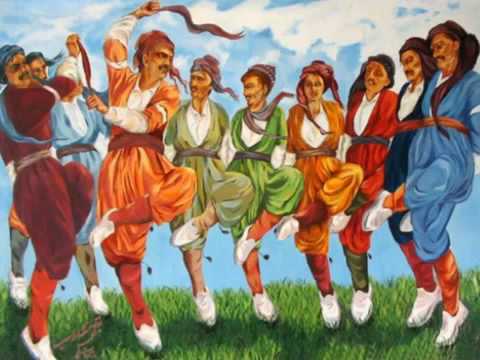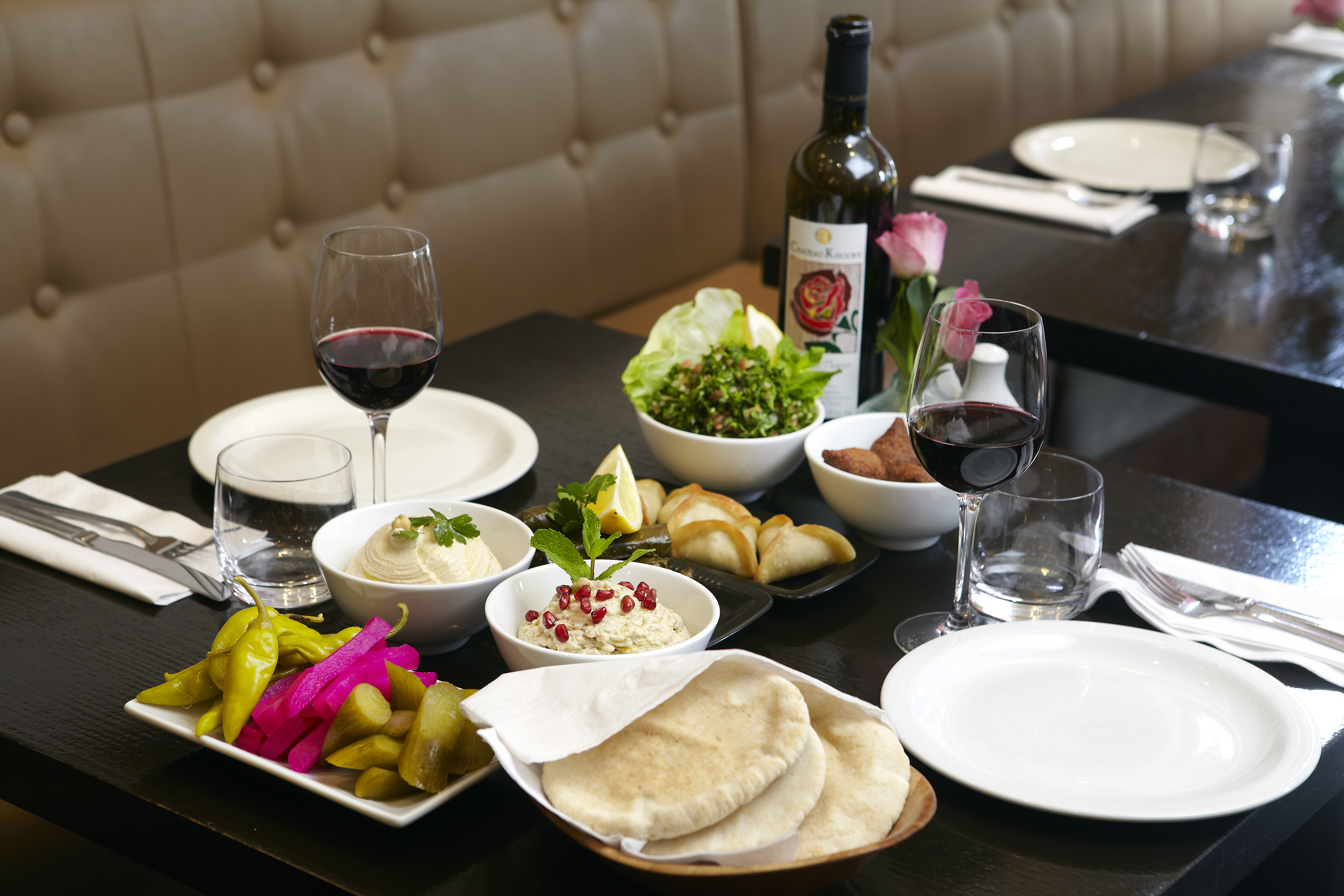Here at Warda, Southgate’s favourite Lebanese restaurant, we pride ourselves on using the best and freshest ingredients available to give our customers an authentic experience of Lebanese cuisine. This can make our menu look a bit daunting to people not familiar with some of the ingredients we use, so we thought it would be useful to introduce you to some of the more exotic ingredients we use in our recipes.
Allspice:
Allspice is made from the dried berries of a tree which was originally a native
of Central America and the West Indies, but is now found all over the world and
particularly in warm climates. Allspice takes its name from its flavour, which
is thought to resemble several other common spices (such as cinnamon, nutmeg,
and cloves) mixed together.
Ashta:
Ashta is a milky ingredient similar to clotted cream, but flavoured with rose
water and orange blossom water. It can be eaten on its own or used as an
ingredient or dessert topping.
Bulgur
wheat: Bulgur wheat is wholegrain wheat which has been parboiled and then
dried. It is often used as an ingredient in salads and adds a pleasant crunch
and subtle nutty flavour to dishes.
Coriander:
Coriander is used all over the world and comes in two forms. The leaves can be
used in salads or added to sauces immediately before serving and add a lemony
and slightly bitter flavour, while the seeds can be ground to make a subtle, citrusy
spice.
Check back in a couple of weeks for the second part of our introduction to the ingredients we use in our dishes

Sources: https://en.wikipedia.org/wiki/Allspice
http://www.mamaslebanesekitchen.com/vegetarian/ashta-recipe-clotted-cream-rose-water/#sthash.AIwINNrg.dpbs



